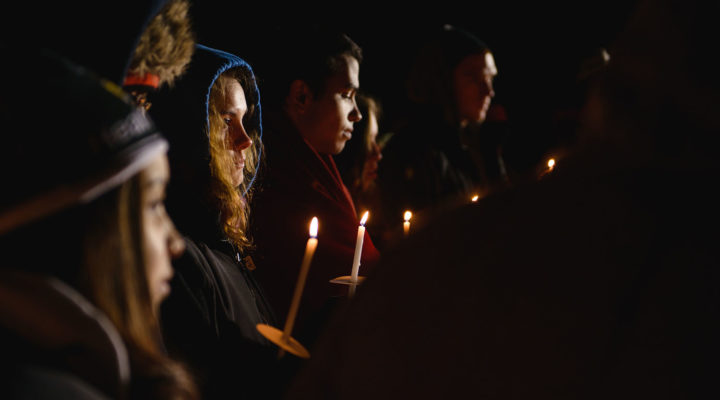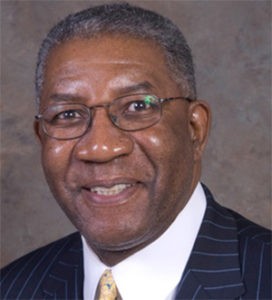Many Americans support capital punishment until they hear a story or meet someone who makes it personal to them, anti-death penalty activist Melissa Browning says.
“Everything changes when you see it through the eyes of someone who is personally affected,” said Browning, assistant professor of contextual ministry at Mercer University’s McAfee School of Theology in Atlanta.
Some Baptists experienced that in June, Browning said, when Dakota Brookshire, the son of Georgia execution victim Kelly Gissendaner, participated in a recent death penalty workshop.
Browning and others have said the high-profile support Gissendaner received before and after her September 2015 death by lethal injection caused many people to rethink their longtime support for capital punishment.
And now the controversial case of Jeffrey Wood may have the same effect on public opinion, said Wendell Griffen, a Baptist pastor and Arkansas judge.
Wood gained national media attention Aug. 19 when a Texas criminal appeals court stayed his pending execution. News outlets began publishing and broadcasting stories about the case.
Among the more shocking facts about Wood is that he landed on Texas’ death row without even being accused of murder. His crime was to wait in a pickup truck in 1996 while a friend robbed a gas station and — without Wood knowing it — killing an employee.
News reports also say faulty psychiatric evidence was presented against Wood at his trial; he has an IQ below 80.
The details of Wood’s case are putting the death penalty on trial as Americans continue to “rethink our love affair” with capital punishment, Griffen said.
“Even incremental information can cause us to pause and ponder the injustice of someone sentenced to die for an event for which they are not personally responsible,” he said.
Death sentences declining
That was the impact Gissendaner’s execution had on many, said Eileen Campbell-Reed, associate professor of practical theology at Central Baptist Theological Seminary in Shawnee, Kan.
The Georgia woman’s case helped transform Campbell-Reed from a longtime death penalty opponent into one willing to take action. She helped with some of the social media effort on Gissendaner’s behalf and was inspired to organize the related workshop.
She also moved into action after teaching religion in a Tennessee prison in 2014. That helped her see firsthand the evils of mass incarceration, she said.
Arguments for capital punishment usually are based on false assumptions, according to Campbell-Reed. Studies show the death penalty does not prevent homicides and it is not the most dangerous of criminals who are on death row.
The death penalty is unfair and violates the teachings of Christ, she said.
“As a Baptist, I am not interested in the state killing on my behalf.”
It may well be that the publicity surrounding Wood will help others feel the same way.
“Cases like Jeff Wood and Kelly Gissendaner are highly questionable,” she said. “It moves some people to question, do we really want to keep doing this?”
There’s plenty of evidence that the answer to that question is no, and that support for capital punishment is waning.
According to the Death Penalty Information Center, there were 28 executions nationwide in 2015, compared to 35 in 2014 and 43 in 2012. The rate peaked at 98 in 1999.
Death sentences also are dropping. The center reported there were 49 last year compared to 295 in 1998.
“The death penalty is losing favor across the U.S. and people are growing very intolerant of it — especially when we hear more stories like Kelly Gissendaner and Jeff Wood,” Browning said.
Hearing those stories is critical, she said, because it transforms inmates from statistics into human beings. Gissendaner’s plea for life changed the hearts of many in Atlanta.
“It changed the way a lot of people see the death penalty,” Browning said.





